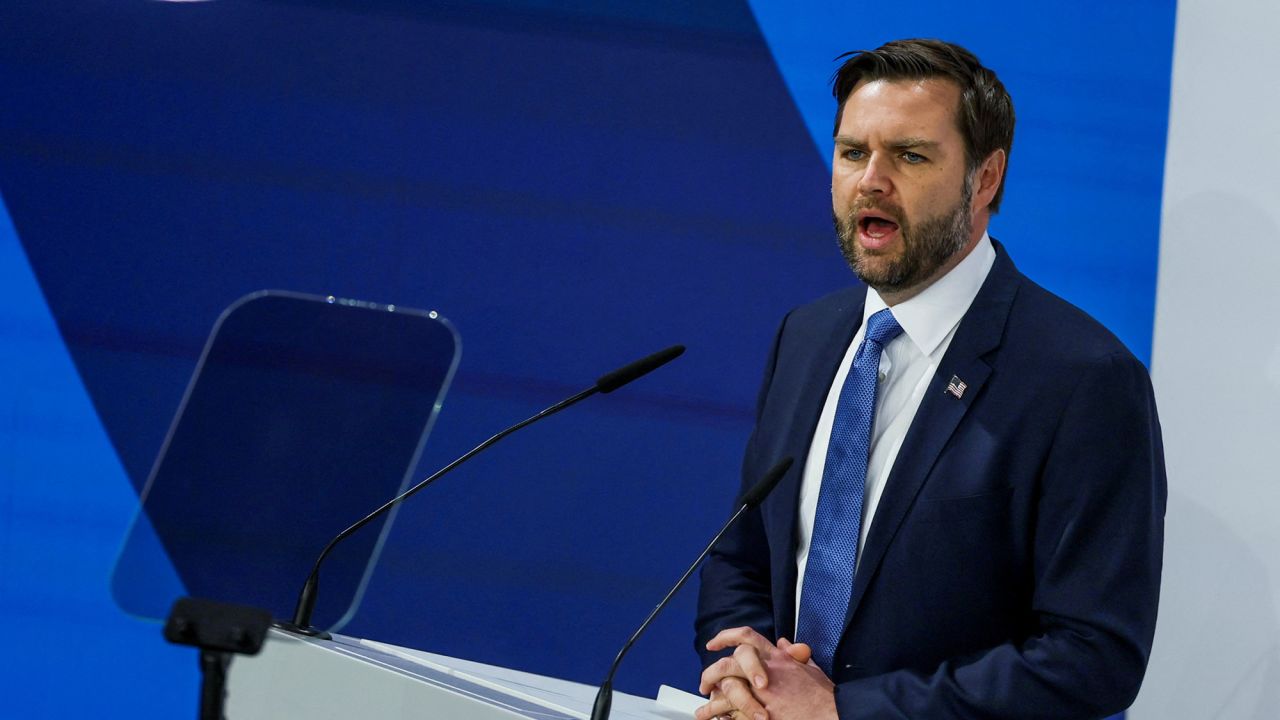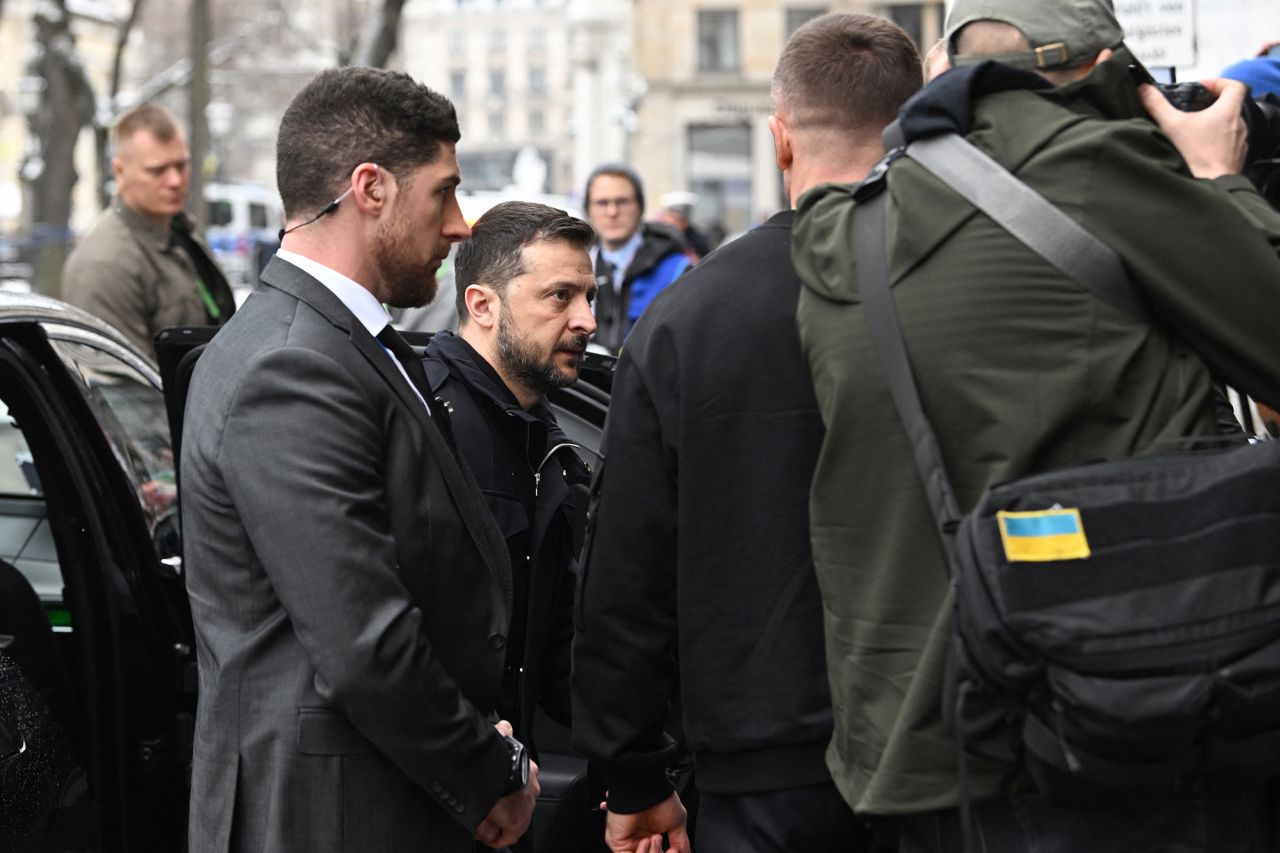What we're covering
• Ukrainian President Volodymyr Zelensky urged the United States “not to make any decisions about Ukraine without Ukraine” prior to meeting US Vice President JD Vance at the Munich Security Conference in Germany on Friday.
• The US vice president delivered a long diatribe against European leaders at the conference on Friday, accusing them of an overly repressive response to unorthodox political views and even comparing them to Cold War tyrants.
• It’s been a week of major moves for a peace deal to end the war in Ukraine, with US President Trump appearing to make key concessions to Putin. But Vance warned Thursday the US could hit Russia with economic and military “tools of leverage” if Moscow doesn’t negotiate a peace deal in good faith.
• Meanwhile, Zelensky said a Russian drone struck the former Ukrainian nuclear power plant at Chernobyl, underscoring the crisis on the ground. Emergency services said radiation background limits remain normal.




















